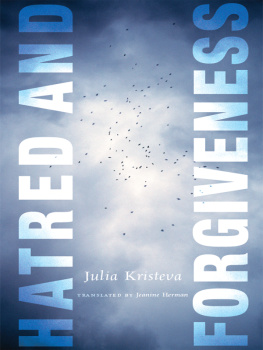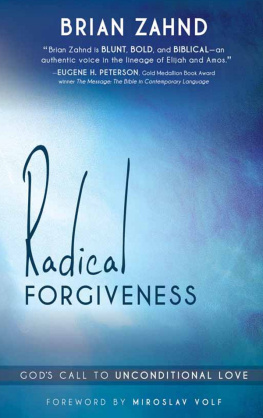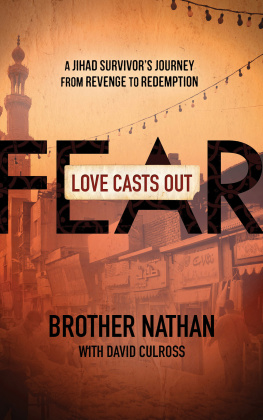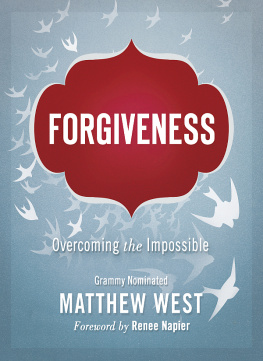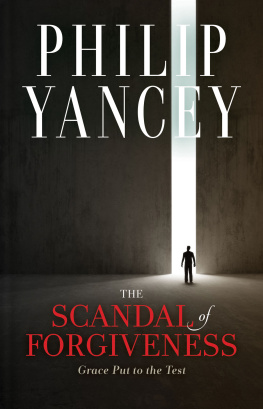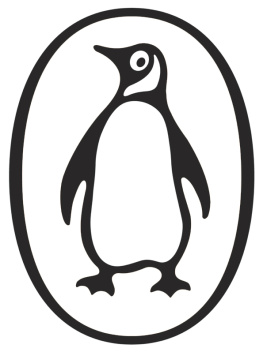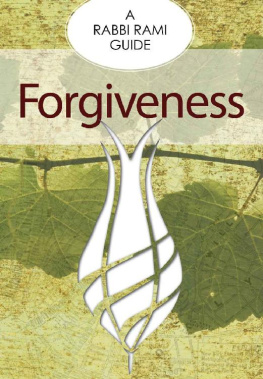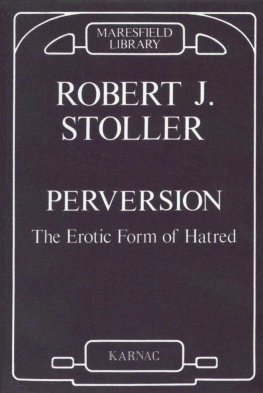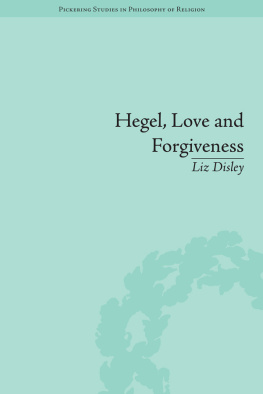HATRED AND FORGIVENESS
European Perspectives: A Series in Social Thought and Cultural Criticism
European Perspectives: A Series in Social Thought and Cultural Criticism
LAURENCE D. KRITZMAN, EDITOR
EUROPEAN PERSPECTIVES PRESENTS OUTSTANDING BOOKS BY LEADING EUROPEAN THINKERS. WITH BOTH CLASSIC AND CONTEMPORARY WORKS, THE SERIES AIMS TO SHAPE THE MAJOR INTELLECTUAL CONTROVERSIES OF OUR DAY AND TO FACILITATE THE TASKS OF HISTORICAL UNDERSTANDING .
For a complete list of books in the series, see .
HATRED AND FORGIVENESS
JULIA KRISTEVA
TRANSLATED BY JEANINE HERMAN
COLUMBIA UNIVERSITY PRESS NEW YORK
COLUMBIA UNIVERSITY PRESS
Publishers Since 1893
NEW YORK CHICHESTER, WEST SUSSEX
cup.columbia.edu
La Haine et le pardon: Pouvoirs et limites de la psychanalyse III 2005 Librairie Arthme Fayard
English translation 2010 Columbia University Press
All rights reserved
E-ISBN 978-0-231-51278-7
Library of Congress Cataloging-in-Publication Data
Kristeva, Julia, 1941
[Haine et le pardon. English]
Hatred and forgiveness / Julia Kristeva ; translated by Jeanine Herman.
p. cm.(European perspectives)
Includes bibliographical references (p. ) and index.
ISBN 978-0-231-14324-0 (cloth: alk. paper) ISBN 978-0-231-51278-7 (e-book)
1. Psychoanalysis and literature. 2. Psychoanalysis in literature. 3. LiteraturePsychology.
I. Title. II. Series.
PN56.P92K7313 2010
809.93353dc22 2010024645
A Columbia University Press E-book.
CUP would be pleased to hear about your reading experience with this e-book at .
References to Internet Web sites (URLs) were accurate at the time of writing. Neither the author nor Columbia University Press is responsible for Web sites that may have expired or changed since the book was prepared.
CONTENTS
24. Murder in Byzantium; or,
Why I ship myself on a voyage in a Novel
Kristevas work constitutes this admonition: that we are still going too slowly, that we are wasting time in believing, i.e., in repeating and humoring ourselves, that often a supplement of freedom in a new thought would suffice to gain years of work, Roland Barthes wrote in 1970, speaking of the originality and innovative power of this body of work.
Thirty years later, the qualities underscored by Roland Barthes were recognized by the Holberg Prize awarded to Julia Kristevathe first person to be given this honorby his Royal Highness of Norway, Crown Prince Haakon, on December 3, 2004, at the University of Bergen, for her exceptional work and its capital importance in many disciplines in the human and social sciences. It is worth noting that on this occasion psychoanalysis was recognized for the first time in an international interdisciplinary forum.
At the award ceremony Julia Kristeva gave a talk entitled Thinking About Liberty in Dark Times. The title of this speech resonates with her engagement as a vigilant intellectual in a political and cultural context that is both shifting and destabilizing, not only because the idea of thinking about liberty in dark times is remarkably current but also, above all, because it is the main theme of many of the lectures the author has given over the past ten years, which have accompanied her publications, her analytical practice, and her university teaching: a presence, a necessity, and a gift. A presence in the sense of the political and ethical challenges Julia Kristeva enjoys taking again and again, because nothing is more stimulating to her than what seems impossible. A necessity, too, as a positive counterpoint to crisis situations, a way of going back to the essential, an attempt at rebirth, successful each time. And a gift, because thought, as Julia Kristeva understands and practices it, is a sharing, a generosity, a promise, and a proposal of human, spiritual, and intellectual opening.
Hatred and Forgiveness is composed of six parts and concludes with an interview as a kind of overture rather than a finale. Certain texts appear here for the first time; others are based on earlier reflections.
The volume begins with World(s): the world as it is, as it was, as it might be; the world as it gets by or doesnt; the world, or rather worlds, because Julia Kristeva is particularly attentive to singularities, especially when the threat of a generalized Santa Varvara looms. Worlds in the plural, then, to reflect on the rustle of people, individuals, and soulsthose to whom the author listens with endless curiosity. To begin Hatred and Forgiveness, Julia Kristeva gives us a section on Europe, freedom, secularism, and vulnerability, inviting us to examine the fundamental questions of identity and religion and bringing us back to what is sometimes forgotten when not sacrificed: the speaking subject, our inalienable singularity.
The second part is called Women, as women have long been central to her research. Among her most famous essays, we could cite Unes femmes published in 1975 and Le temps des femmes published in 1979. In this series of texts, Julia Kristeva explores aesthetic and political territories in relation with the feminine. And she ventures over one of the continents dear to her, that of motherhood, examining its meaning and issues, without neglecting mother-daughter relations.
A psychoanalyst since the mid-seventies, Julia Kristeva revisits desire and law, hysteria and time, and hatred and love in the third part of this volume, aptly entitled Psychoanalyzing. She examines the analytical practice, questions the soul, renders homage to Freud, rereads Paul Ricoeur and Andr Green, takes a look at St. Teresa of Avila, and does not hesitate to invoke literary texts by Proust and Colette alongside clinical cases. One essay, in particular, which gives this volume its title, is worthy of note: Hatred and Forgiveness retraces the clinical meanderings of the destruction of connection to others as well as the reconstruction of psychical space through transference/countertransference. It may be read as an example of the crisis-and-reconstruction of identity and meaning, which is this books main preoccupation.
Religions are the red thread of the fourth part of the collection. Not that they do not appear in other parts; in this book as a whole, religion is at the forefront. Julia Kristeva goes behind the scenes of faith, examining the notions of atheism and belief, connection and rejection, tolerance and peace, and, of course, love. While at times the religious ramifications of certain texts fade in favor of more humanist or political considerations, they remain latent and emerge clearly when the author writes about the fate of Israel.
In the fifth section, Julia Kristeva discusses Roland Barthes, whose thought she has not ceased to explore, and renders a lovely homage to him. There is an essay on Marguerite Duras, in which she examines her kinship with the writer and studies her poetics, and one on Georgia OKeeffe, in which she retraces her life to illuminate the sources of her paintinghuman subjects and aesthetic subjects united and marked by their diversity.
In Writing, the last section devoted more specifically to writers, we find some of Julia Kristevas favorite authors: Proust, the subject of her Time and Sense: Proust and the Experience of Literature, and Aragon, analyzed in The Sense and Non-sense of Revolt and Intimate Revolt. As the author of four novels, The Samurai, The Old Man and the Wolves, Possessions, and Murder in Byzantium, she explains in the interview at the end of the book her predilection for the metaphysical detective novel, which led her to the novel of the Subject as opposed to the novel of the Ego, revealing the dynamics of her polyphonic fiction and her critical writing.

